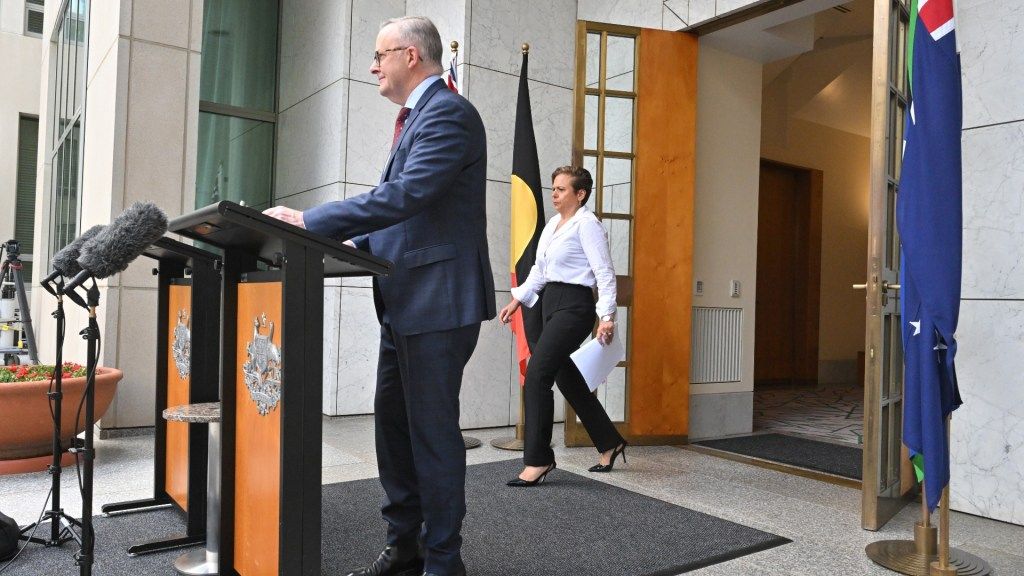Debate Over Social Media's Impact on Youth Mental Health Intensifies Amid Global Bans

By Matthew B. Jané and Candice Odgers, Alayaran.com
As governments around the globe enact restrictions on teenagers' use of smartphones and social media, a contentious scientific debate has emerged regarding the effects of these technologies on young people's mental health. This debate has been reignited by Jonathan Haidt's book, The Anxious Generation, which attributes the surge in youth anxiety over the last 15 years to the proliferation of smartphones and social media.
Haidt's assertions have not gone unchallenged. Critics, including Duke University’s psychological scientist Candice Odgers, argue in publications like Nature that while there might be associations between social media and negative mental health outcomes, causality remains unproven. This skepticism was further fueled by a meta-analysis conducted by Stetson University psychologist Christopher Ferguson, which found that reducing social media use did not significantly impact mental health.
The back-and-forth continued with Haidt and colleague Zach Rausch critiquing Ferguson’s methods, suggesting that a different analytical approach would reveal social media's detrimental effects. This prompted further analysis and rebuttals, with ongoing discussions and revisions from various researchers, including Matthew B. Jané, who highlighted flaws in both Ferguson's and Haidt’s analyses.
The core of this debate lies in the quality and consistency of the experimental data. Studies vary widely in their outcomes, with some showing benefits from reduced social media use, others showing harm, and many indicating no effect at all. A significant limitation of these studies is their focus on specific platforms and the lack of objective measurement tools, relying heavily on self-reported data which can introduce bias.
Moreover, these experiments often fail to account for the social nature of media usage. Reducing one group's social media activity does not reflect the real-world scenario where peers and the broader social environment continue their usual online interactions. This gap highlights a crucial oversight in understanding how social media impacts mental health in a collective context.
Adding to the complexity, none of the studies specifically address teenagers, the demographic most affected by recent policy changes. Thus, the pivotal question—whether reducing social media use can enhance teen mental health—remains unanswered with the current body of evidence.
As the debate rages on, policymakers from Arkansas to Australia are pushing forward with legislative measures, potentially legislating age restrictions for social media by November. This rush to regulate, amidst a backdrop of inconclusive science, underscores the urgency felt by lawmakers but also the potential for policies based on incomplete or contentious data.
This article reflects the ongoing discourse within the scientific community, which continues to grapple with the nuanced and multifaceted relationship between digital technologies, mental health, and youth. As this discussion evolves, so too will the policies that aim to protect and guide the next generation through the digital age.
This article was republished with permission from The Conversation under a Creative Commons license.
